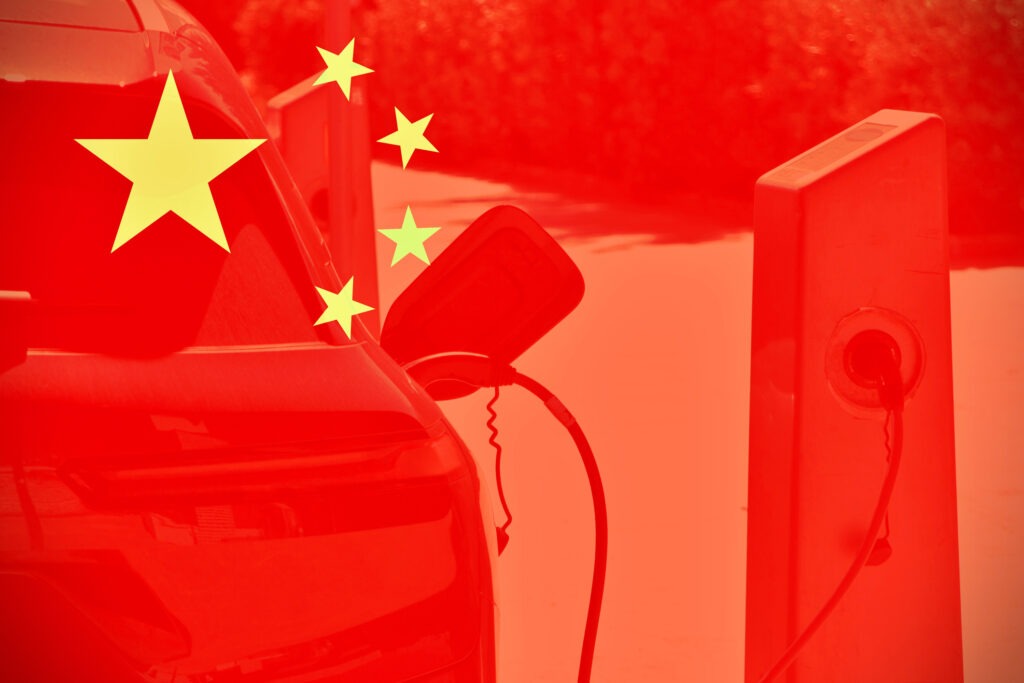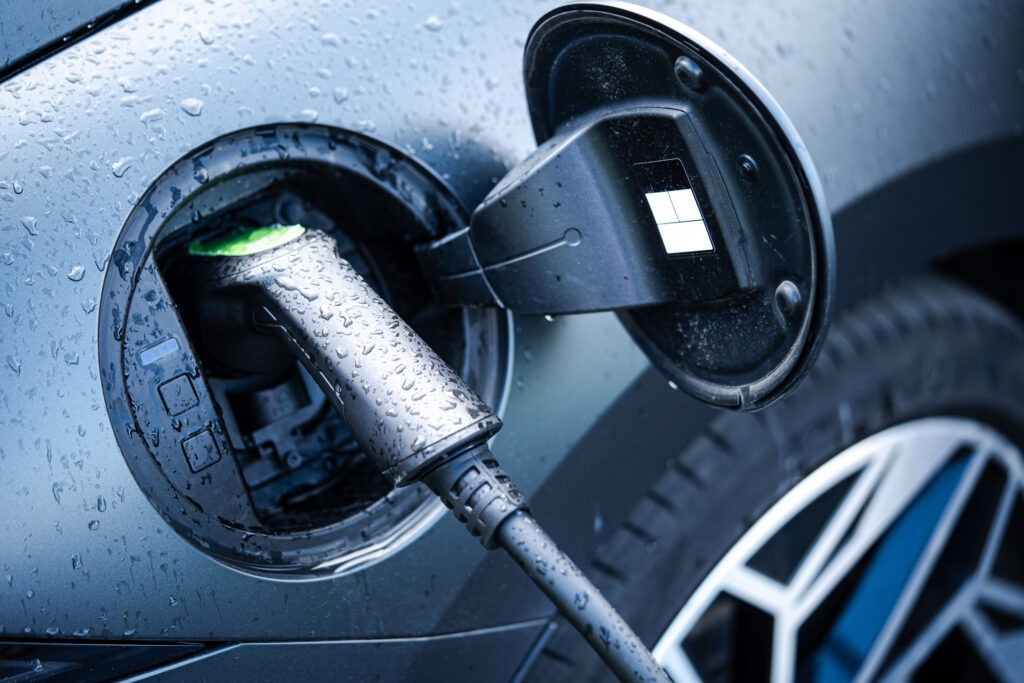The Automotive Update: Honda and Nissan merger talks officially collapse
14 February 2025

Merger talks between Honda and Nissan are officially over. European industry body focuses on the automotive workforce. BYD could enter an emissions pool with other carmakers. Tom Geggus, Autovista24 editor, explores this week’s biggest stories.
There has been a flurry of new-vehicle news, as Volvo, Kia, Xpeng and Renault made model announcements. Meanwhile, Parkopedia has been acquired, and two carmakers have announced separate plans to develop hydrogen propulsion methods.
Subscribe to the Autovista24 podcast and listen to previous episodes on Spotify, Apple and Amazon Music.
Foxconn interested in Nissan
Merger talks between Honda and Nissan are officially over. The two companies have confirmed the termination of a memorandum of understanding (MOU), formed in December.
This agreement allowed the two carmakers to explore the possibility of a business integration. Different options were considered including the creation of a joint holding company, and Honda effectively becoming Nissan’s parent company.
Honda and Nissan pointed to the need to prioritise the speed of decision-making in an increasingly volatile market undergoing electrification. Both companies will continue to collaborate on electrified vehicles, in line with an agreement made prior to the merger discussions.
Honda has ruled out the possibility of a hostile takeover of its domestic compatriot, as reported by the Financial Times. Yet Nissan has attracted interest from technology company Foxconn. According to Reuters, the iPhone manufacturer has suggested it could take a stake in the carmaker to enable cooperation.
ACEA’s forward focus
In its latest strategic dialogue meeting, European automotive industry body ACEA focused on the future of the sector’s workforce.
In a working group, industry representatives called for ways to support the people who build and develop vehicles. This included calling for an automotive-mobility ecosystem academy and reforming EU state aid rules and funding programs. The group also called for the facilitation of EU funding for apprenticeships and education programmes which focus on zero-emission technologies.
‘The European automotive industry does not exist in a vacuum and is part of a complex societal construction employing more than 13 million Europeans across the value chain,’ commented Sigrid de Vries, director general of ACEA.
‘We have a responsibility to ensure that the ‘skills and social’ pillar is at the forefront of the strategic dialogue action plan to sufficiently equip workforces for the zero-emissions transition and make Europe an attractive location for global talent,’ she added.
BYD offers emissions lifeline
Chinese carmaker BYD could enter an emissions pool with other carmakers, helping them bring down fleet average CO2 levels.
According to Reuters, BYD could sell carbon credits to companies that are struggling to meet the EU’s 2025 emissions targets. These stricter targets cover average CO2 emissions, in grammes per kilometre, across passenger cars sold in the EU.
During a presentation in Italy, BYD’s special adviser for Europe, Alfredo Altavilla, said talks were underway. As one of the world’s biggest EV makers, BYD could create a sizeable emissions pool.
According to data from EV Volumes, BYD placed three models in the global top 10 ranking of battery-electric vehicles (BEVs). The company also saw seven models make the leaderboard for plug-in hybrids (PHEVs) in 2024.
New models announced
Volvo has revealed the new EX30 Cross Country, a more rugged off-road version of the carmaker’s small BEV. The car will feature a range of 427km and can be charged from 10% to 80% in around 26 minutes.
The Cross Country EX30 has been raised to enable easier navigation of rough terrain. It also features larger wheels, with the option of 18-inch all-terrain accessory tyres.
Kia confirmed its 2025 Electric Vehicle (EV) Day will take place on 25 February. During the event, it will unveil its Concept EV2, a new compact car.
It will also debut two models which were previously displayed as concepts, the EV4 and the PV5, Kia’s first model based on its Platform Beyond Vehicle (PBV). During its 2025 EV Day, the carmaker will release more information about its PBV strategy, including business details, products and the rollout of the PV5.
Xpeng launched pre-sales of its G6 model in the UK. Deliveries of the smart all-electric mid-size coupé SUV are due to begin in March. ‘Our launch in the UK, in partnership with International Motors Ltd, marks a significant step in Xpeng’s European and global expansion,’ said Brian Gu, vice chairman and president of Xpeng.
Renault revealed the names and body styles of three E-Tech electric light-commercial vehicles. The compact Estafette includes a sliding side door with an invisible integrated track and running boards on both sides.
Meanwhile, the Goelette is available in three versions: chassis cab, box and tipper. Lastly, the Trafic employs a one-box design with a short front overhang and extended wheelbase.
Parkopedia acquisition
Parking and mobility solutions company, Easy Park Group, has acquired Parkopedia, a connected car services, and mobility data aggregation provider.
Among the brand’s offerings are in-car data and payment technology for parking, EV charging, fuelling and tolling. Parkopedia’s clients include Audi, BMW, Ford, GM, JLR, Mercedes-Benz, Peugeot, Toyota and Volkswagen.
‘Parkopedia’s in-car data integration and payment technology, coupled with our digital parking solutions and on-street parking equipment, allows us to address the entire driver experience, and we are excited to share this platform with our current and future partners,’ commented Cameron Clayton, CEO of EasyPark Group.
Hydrogen powers on
Japanese carmaker Toyota has announced the development of its third-generation hydrogen fuel-cell system.
The brand has designed the fuel cell to meet the needs of the commercial sector, with the same durability as a conventional diesel engine. It features improvements in performance, including fuel efficiency and a significant reduction in costs compared to the prior version.
The system will also be applied to passenger cars and heavy-duty commercial vehicles. Rollout is expected in Japan, Europe, North America, and China after 2026, at the earliest.
Meanwhile, Korean carmaker KGM has entered an agreement with Phinia to develop hydrogen engines. Phinia supplies hydrogen and diesel engine components, including engine management systems, injectors, and pumps.
The plans will consist of designing a multi-purpose engine and vehicle, performance development, and the base design of an extended-range electric vehicle.




